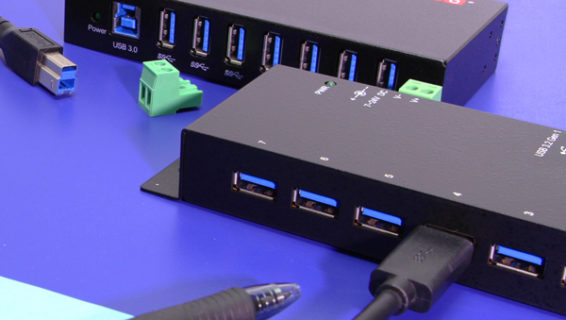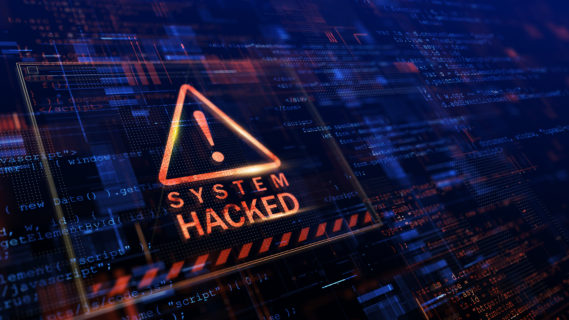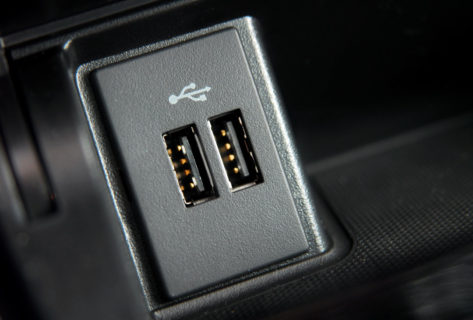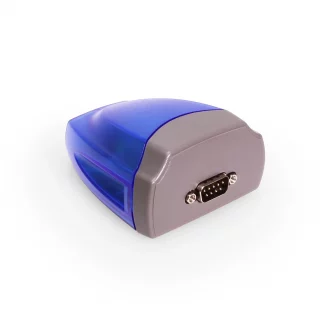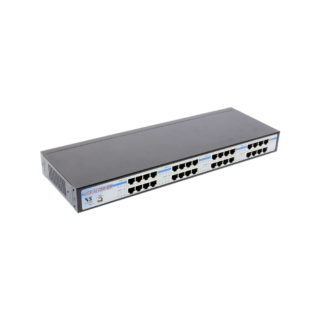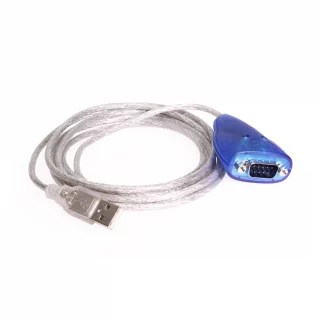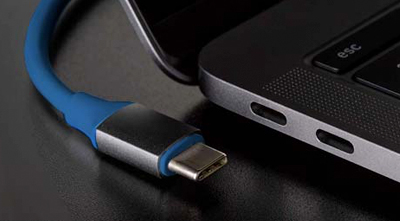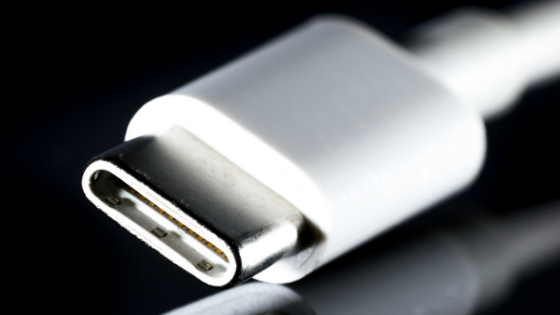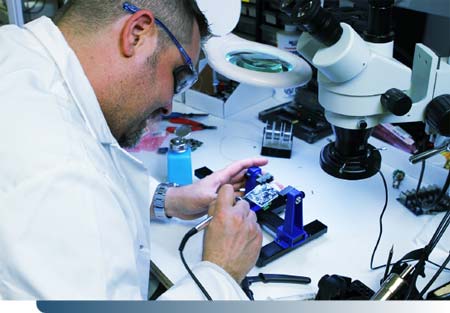Low-quality anything is a gamble if you’re working under demanding conditions. And those who operate in an industrial setting know that the cost of skimping on seemingly simple hardware or software can have major consequences. The most common problem that arises when a company chooses not to make the investment in high-quality serial adapters is snags with compatibility in their operating system, which can render the adapter useless, freeze computers, and bring productivity to a screeching halt.
The Heart of The Adapter: Processor Chips
Perhaps one of the easiest ways to cut corners when making a serial adapter is to install a lower-quality chip. Good processor chips are not cheap, and while there are several great companies that manufacture amazing processor chips, there are thousands of knock-offs and low-quality posers flooding the market at any given time, including fakes and illegal counterfeits. To guard against this problem, it’s essential that you work with and source your serial adapters from a reputable company that installs high-quality chips.
These low-cost adapters that are installed with cost-saving processor chips, often have incompatibilities with newer operating systems, especially Windows 7, Windows 8, Windows 10, and presumably, the new Windows 11. These chips are designed to meet only the minimum of the standard requirements set for their function.
Even serial adapters with seemingly high-quality physical construction can be installed with one of these less than ideal, cheap processor chips. These chips will have programs that are not well written, limiting their ability to function with a wide range of operating systems. The poorly written programs are unstable, unreliable, and only partially compatible with more contemporary operating systems like Windows 7 or Windows 10.
Glitches And Failures
If you try and use serial adapters that are installed with cheap chipsets you may encounter any number of glitches and failures including:
- Freezing computers
- Inability to establish COM ports
- Crashing computers
- Invalid debug DLL
- Driver issues
- Can‘t connect to your device
By investing a little more in your serial adapters, you can avoid these potentially costly headaches.
What’s Goes Wrong
The problem with cheap serial communications devices and adapters and their budget chipsets is that they are not true “serial devices”. Nearly all devices that qualify as “serial adapters” are USB to RS232/RS422/RS485, and USB devices use newer operating systems, a broad range of operating systems, and require well-written programs in order to be compatible with converters. A budget chip installed in a budget serial adapter will, on average, be able to handle maybe 60% of the standard RS232 functions. So, purchasing one, unless you know its exact specifications, or unless it’s been designed for your exact application, is nearly a 50/50 gamble, and leaves you at a very high risk of failure when using with even the most common of serial communication devices such as cameras, industrial scales, handheld industrial devices, printers, and GPS.
Additional Issues with Low-Cost Serial Converters
-
Timing
- In serial communication timing is key. Latencies in the timing between the data sent from the computer and its conversion by the serial adapter (aka data delays) disrupt communications. The disruption occurs even if the smallest delay happens. Precision is of utmost importance.
-
FIFO Issues
- (First In First Out) FIFOs is a kind of buffer that organizes bytes and ensures the first to arrive is the first to be sent out, and reducing the risk of data loss. Commonly, serial communication programs are written for 16-character FIFO serial ports, or serial ports with no such protocol, whereas USB can have a hundred FIFO. This leads to further timing issues with low cost converters.
Limited Compatibility
Low-cost, poorly sourced processor chips usually have limited compatibility. They only work with specific programs or operating systems, and these OS only make up a fraction of the common operating systems one can expect to encounter, and which one should prepare for. They will have limited compatibility (or issues most likely) with newer operating systems, especially Windows 7 / 8 / 9 / 10 / 11, and Vista.
Either the adapter or the driver may be incompatible with your windows device and its operating system generation. The computer’s hardware, specific installed operating system packs, and service packs, conflicting drivers, peripheral devices, and more, including processors bios version, can all stand in the way.
High-quality chips don’t always have to be expensive. Quality affordable USB to serial adapters are available, they just need to be obtained from knowledgeable sources. Well-priced and well-engineered serial converters have the answers to all these problems hard-coded into their drivers.



